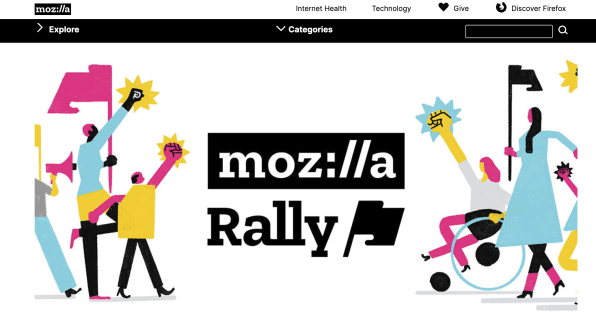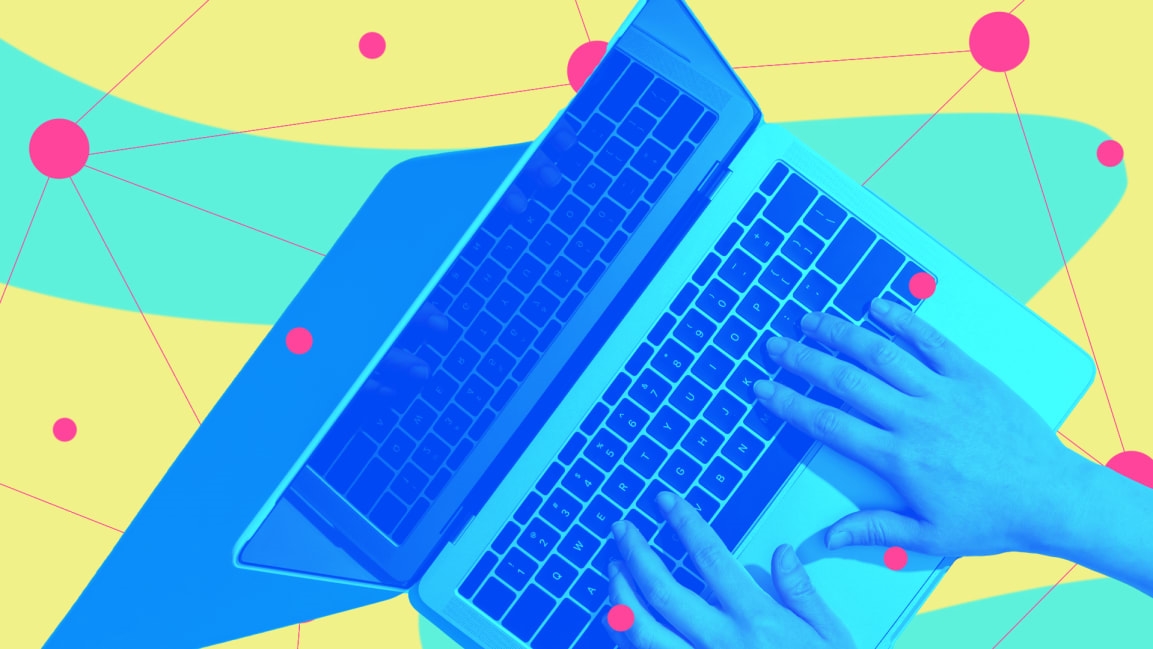You can donate your data to help researchers study COVID-19 misinformation
Mozilla has built a browser-based platform called Rally that lets Firefox users contribute their browsing data to university researchers.
The first study, conducted by Princeton researchers, concerns COVID-19 news articles and misinformation. The researchers will study how often Rally users come in contact with stories from a list of known purveyors of misinformation, and record how much they share or like the articles on social media. Other studies, which are focused on understanding and finding solutions for social problems caused by the data economy, will follow.

“Online services constantly experiment on users, to maximize engagement and profit,” says Princeton researcher Jonathan Mayer. “But for too long, academic researchers have been stymied when trying to experiment on online services. Rally flips the script and enables a new ecosystem of technology policy research.”
Mozilla is doing something similar to what Markup did with its Citizen Browser Project. That group paid 2,601 people to report—via a special browser—the unique mix of content Facebook’s algorithm serves them based on their demographics and political leanings, among many other factors.
But Mozilla is crowdsourcing its research effort so anybody with a Firefox browser can add the Rally extension, which will let them contribute elements of their browsing data to the Princeton study. The project opens up a host of possibilities for other research too: Mozilla’s Rally project lead Rebecca Weiss told me there is a whole community of researchers from the cybersecurity, policy, and social sciences fields who desperately need real user data to help them solve some of the web’s biggest problems.
Weiss tells me Mozilla has been in discussions to get a Chrome version of the Rally extension into the Chrome store.
The data collected by the extension will be held securely on Mozilla servers, and researchers will be able to access it there, Weiss says.
The browser tool won’t immediately do anything to directly limit the personal data users give up to web services in general, but it will at least give them control over when and how much data they give to researchers. And the findings of the research could eventually influence policy around how much data web services (such as Facebook) can collect from users.
“We believe that you should determine who benefits from your data,” says Weiss. “We are data optimists and want to change the way the data economy works for both people and day-to-day business.”
(35)



